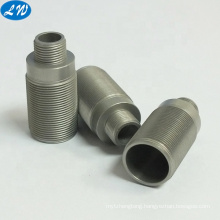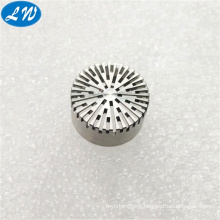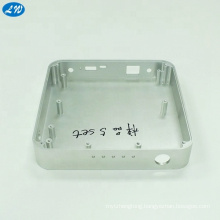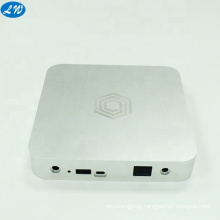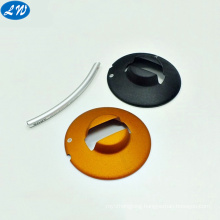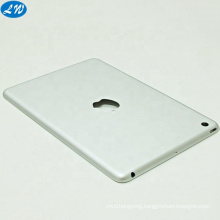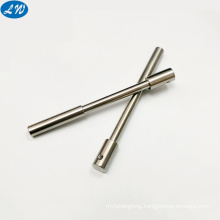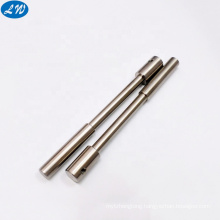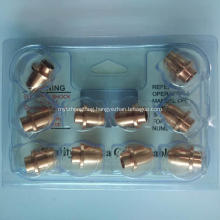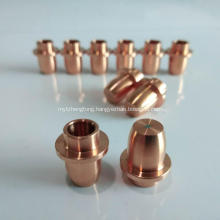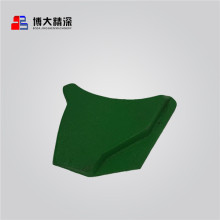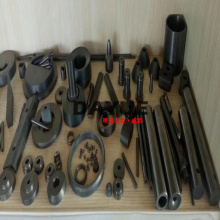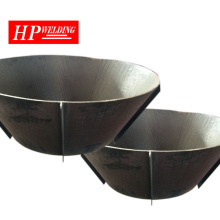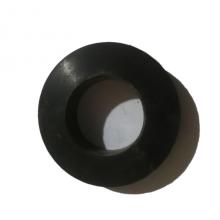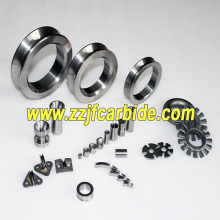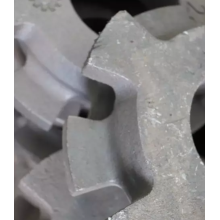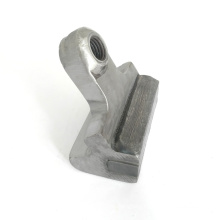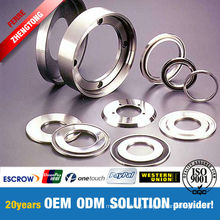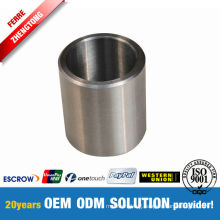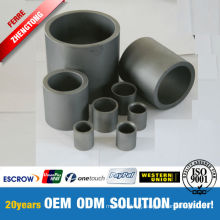High Fractural Strength Tungsten Carbide Mechanical Seal
Basic Info
Model No.: YG3X,YG6X,YG8N,YG3,YG6,YG10X
Product Description
High Fractural Strength Tungsten Carbide Mechanical Seal
Tungsten Carbide Mechanical Seal Description:
Sealing ring is the main sealing element of rotary joint. The superior wear
resistance characteristics of tungsten carbide roll rings provide you the
highest pass performance in addition to the very good surface finish.These are
used in Oil Refineries,Petrochemical plants,Fertilizer Plants,and Pharmaceutical
Industries such as pumps, compressors and agitators.Various sealing rings
with complicated shape, either blanks or finshed products can be provided.
Tungsten Carbide Mechanical Seal Grade Rocommended:

Tungsten Carbide Mechanical Seal Specification:
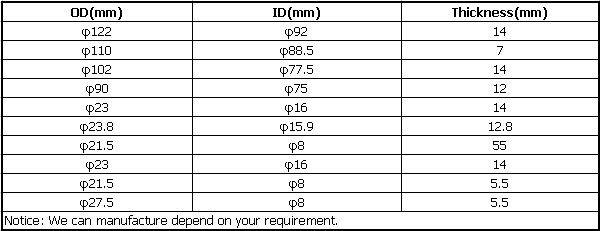
Tungsten Carbide Mechanical Seal Display:

Tungsten Carbide Mechanical Seal Application Field:
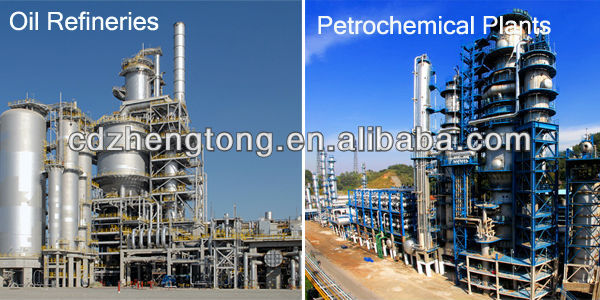
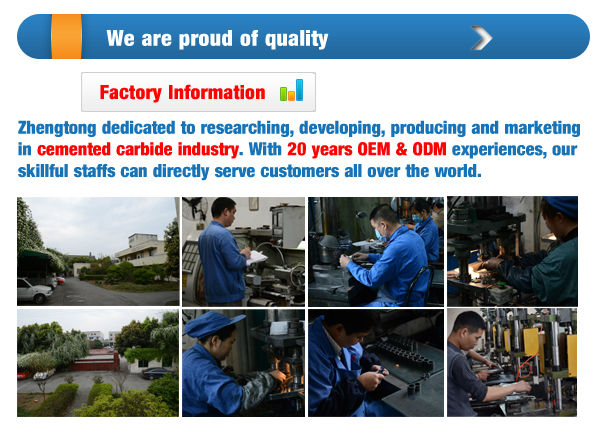
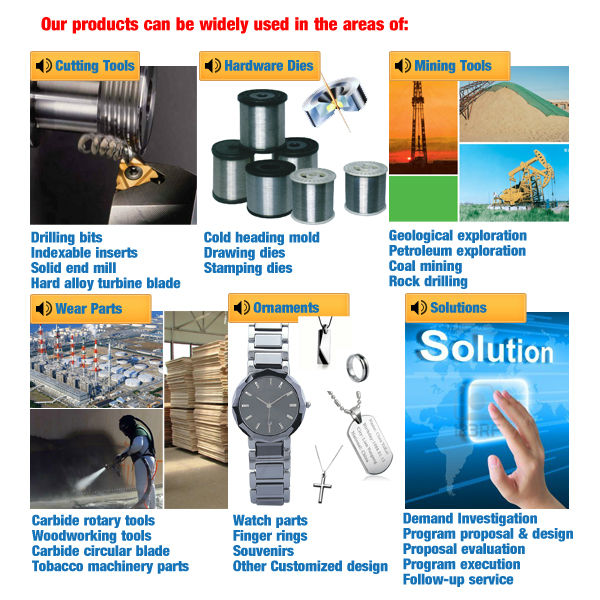
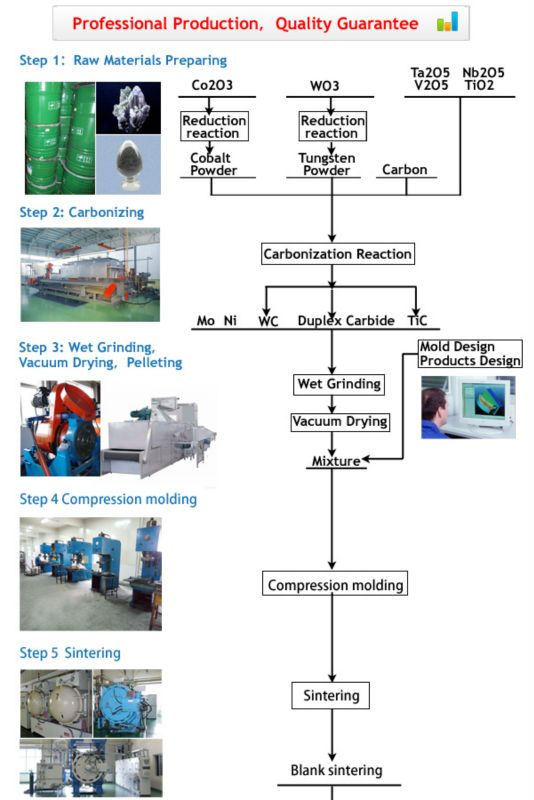
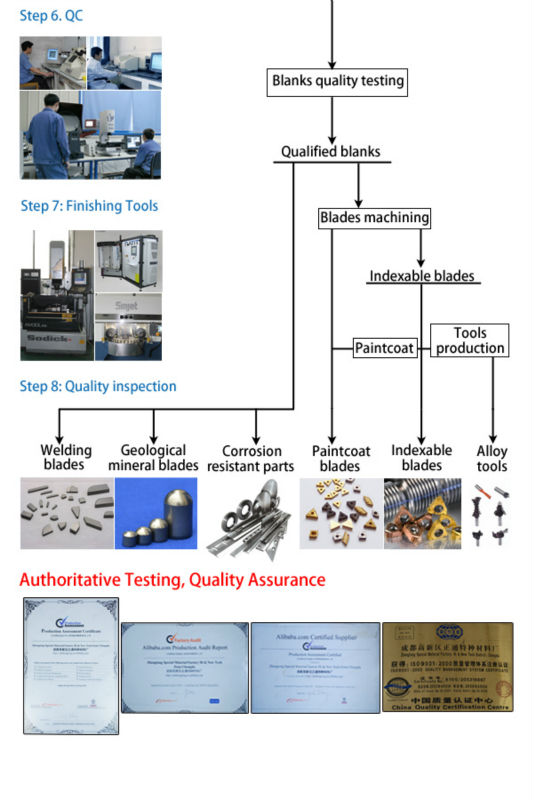
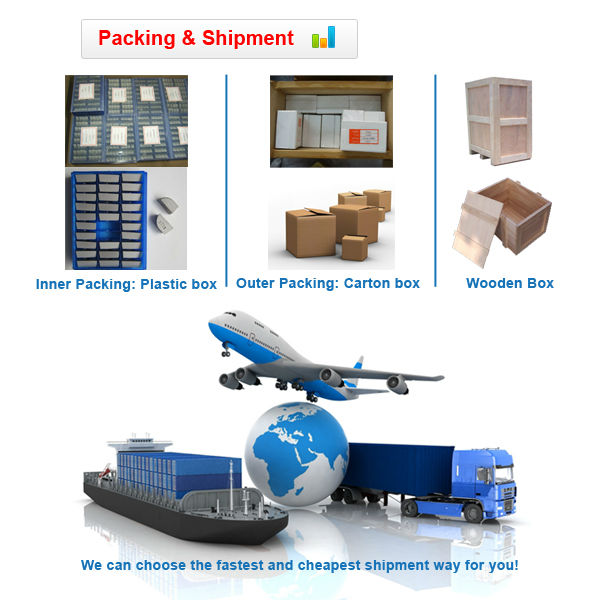
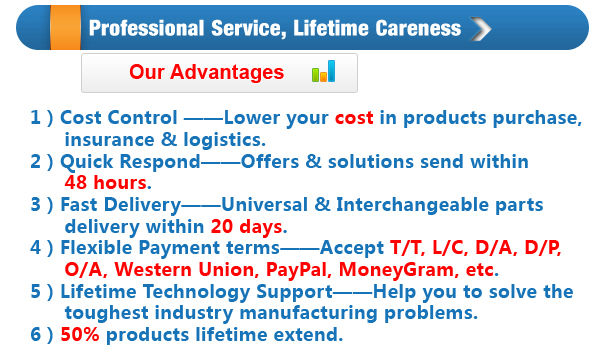



Q:What is cemented carbide ?
A: Cemented carbide is a hard material used in machining tough materials such as carbon steel or
stainless, as well as in situations where other tools would wear away, such as high-quantity production
runs. Most of the time, carbide will leave a better finish on the part, and allow faster machining. Carbide
tools can also withstand higher temperatures than standard high speed steel tools.
Q:What are the key properties of cemented carbides I should be concerned with when selecting a grade for my application?
A: The key properties of cemented carbides that define their performance level for different applications
include abrasion resistance (directly related to the hardness of the grade), fracture strength, and fracture
toughness. In general, the abrasion resistance or hardness of any grade is inversely proportional to its
fracture toughness. Very often grade selection involves finding the best compromise between abrasion
resistance and toughness. In some instances strength and corrosion resistance can be important
factors in the grade selection process.
Q: Which properties are important in metal cutting applications?
A: Depending upon the type of metalcutting operation (turning, Milling, drilling, etc.), different combinations
of properties is needed in order to obtain optimum results. For example, in turning and drilling applications
the cutting tool is in continuous contact with the workpiece. Hence, for these applications, abrasion
resistance and strength are the most important properties to consider. However, in operations such as
milling, which invariably involve interrupted cutting, and hence high impact forces, toughness can be an
important factor. Grades employed for metalcutting applications are usually based on fine to medium
hard phase grain sizes (0.5 to 1.5 mm) and low to medium Co contents (6 to 15 wt.%).
Q: Which grades are useful in metal forming applications?
A: In contrast to metalcutting (where abrasion resistance and strength are of paramount importance),
cemented carbides used in metalforming applications will invariably be subject to high impact and
shock forces. Hence, grades used for metalforming applications must possess high toughness
levels with adequate abrasion resistance and strength. Grades employed for metalforming applications
are typically based on coarse grain sizes (3 to 8 mm) and high binder contents (15 to 30 wt. %).
Q: Which grades are useful in earth drilling or boring applications?
A: In many respects the characteristics of the grades employed for earth drilling and boring represent a
compromise between the characteristics that are important for metalcutting and those that are important
for metalforming applications. Grades for earth drilling and boring must possess the highest toughness
levels for any given abrasion resistance level, while simultaneously possessing adequate strength levels.
The best compromise is usually arrived at by using grades that are based on coarse grain sizes (3 to 8 mm)
and relatively low Co levels (6 to 16 wt. %).
Q: How can I choose the most suitable products for my applications?
A: 1.Correct installation site depends on specific size and drawings. Especially for dies processing,
drawings can ensure the finished products are qualified.
2. Processing objects and working environment is determined by cemented carbide grades.
Products' lifetime can be greatly extend if grades are right.
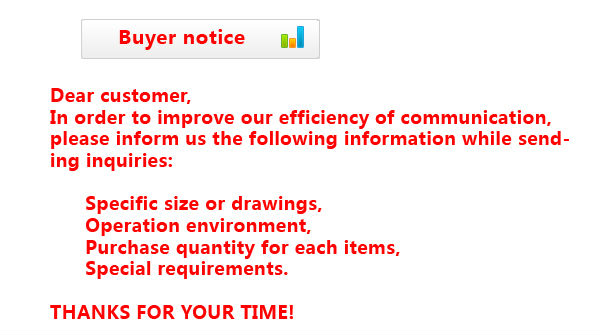

tungsten carbide mechanical seal,tungsten carbide mechanical seal,tungsten carbide mechanical seal,
tungsten carbide mechanical seal,tungsten carbide mechanical seal,tungsten carbide mechanical seal,
tungsten carbide mechanical seal,tungsten carbide mechanical seal,tungsten carbide mechanical seal,
tungsten carbide mechanical seal,tungsten carbide mechanical seal,tungsten carbide mechanical seal,
tungsten carbide mechanical seal,tungsten carbide mechanical seal,tungsten carbide mechanical seal,
tungsten carbide mechanical seal,tungsten carbide mechanical seal,tungsten carbide mechanical seal,
tungsten carbide mechanical seal,tungsten carbide mechanical seal,tungsten carbide mechanical seal,
tungsten carbide mechanical seal,tungsten carbide mechanical seal,tungsten carbide mechanical seal,
tungsten carbide mechanical seal,tungsten carbide mechanical seal,tungsten carbide mechanical seal,
Contact us if you need more details on Tungsten Carbide Mechanical Seal. We are ready to answer your questions on packaging, logistics, certification or any other aspects about Tungsten Mechanical Seal、Carbide Mechanical Seal. If these products fail to match your need, please contact us and we would like to provide relevant information.Product Categories : Tungsten Carbide Tools > Wear Parts
Premium Related Products
